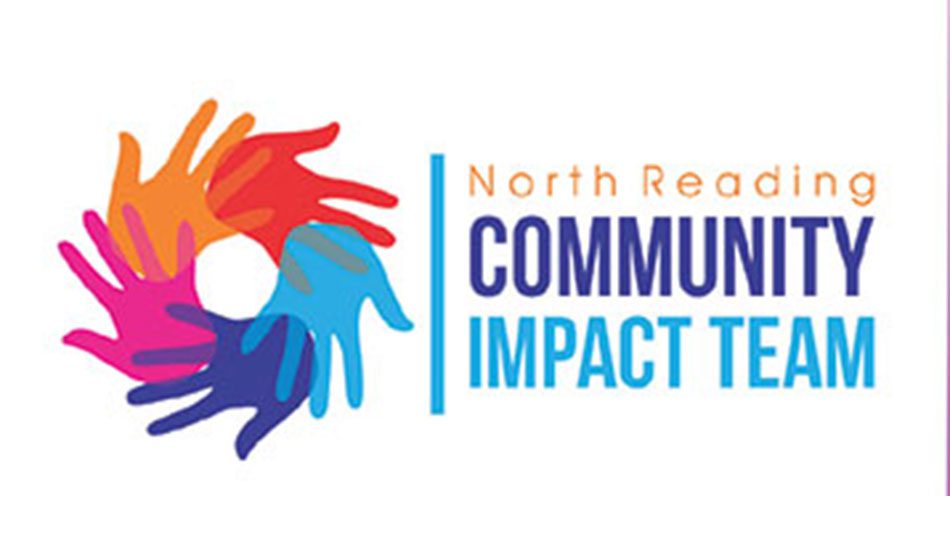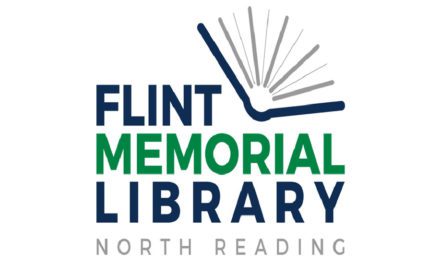NORTH READING — How best can the community utilize its share of the Opioid Abatement Funds?
North Reading signed onto a statewide class action lawsuit against multiple opioid distributors, pharmacies, and drug makers, and will receive limited funds in the next 17 years.
Police Chief Mark Zimmerman reports that the North Reading Police Department (NRPD) and North Reading Community Impact Team’s Youth Substance Use Prevention Coalition are seeking the public’s anonymous input as they work to determine how to best use Opioid Abatement Funds.
Opioid Abatement Funds must be used to mitigate the impact of the opioid crisis, including prevention, harm reduction, treatment and recovery programs. The Community Impact Team (CIT) is seeking the public’s anonymous input to develop a robust plan for the fund’s use. A short four-minute survey is now available to gain insight into how the funds can best assist those impacted by the opioid crisis.
“We’re hoping to get a large response from the community, from those who work or live here in North Reading,” Drug-Free Communities Grant Director Amy Luckiewicz said. “We want to hear directly from people with substance use disorder, but they don’t live in a bubble. We want to hear from their friends, families, and co-workers, too.”
Providing survey feedback does not guarantee that one’s choices will be selected. “All responses will be reviewed by the Community Impact Team for consideration by the planning team. We need to make sure the ideas fit into the established guidelines and are not already being addressed,” cautioned Luckiewicz.
Primarily funded through federal funds, the North Reading CIT’s Youth Substance Use Prevention Coalition has produced programs such as the medication safe bags delivery, free medication lock boxes, and regular community naloxone trainings. In partnership with the Drug Enforcement Agency (DEA), the Rx Take Back program alone has collected over 3,500 pounds of unused drugs from North Reading residents.
A federal grant known as the Drug-Free Communities Grant funds a full-time preventionist, who is Amy Luckiewicz, to implement the 7 Strategies for Community Change, within a strategic framework, to prevent substance use upstream.
Additionally, the town funds the position of Substance Abuse/Mental Health Clinician Laura Miranda to work full-time out of the police department where she connects community members in need with treatment, recovery and resources.
Earlier this September, the North Reading CIT added to its list of resources with a new Peer Recovery Coach Program (PRC), which is a non-clinical professional with lived experience with addiction. PRCs engage, educate, and support individuals in recovery from substance use disorder with the aim of a client’s long-term and sustained recovery. North Reading has contracted both Emily Earle and Jamie Dalton to provide this service via the Opioid Abatement Fund.
To provide feedback on the use of Opioid Abatement Funds, please visit https://www.surveymonkey.com/r/OpioidAbatementFeedback.
Further details on the CIT’s 10 existing programs can be viewed online at www.northreadingma.gov/community-impact-team/pages/opioid-resources.
To access treatment or mental health resources, contact Laura Miranda by phone at 978-357-5038 or by email at lmiranda@nrpd.org.





